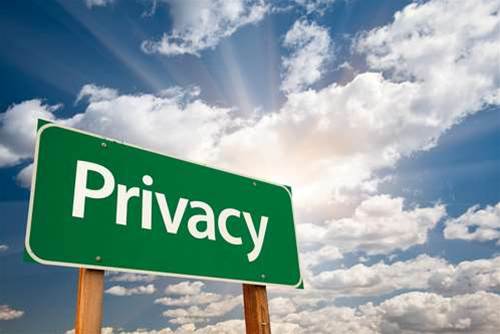A controversial proposal to introduce broader surveillance laws in the UK looks set to go ahead, despite criticism from the government’s coalition partner, the Liberal Democrats, and numerous lobby groups.

The bill proposes to establish a data retention regime that would force ISPs and mobile carriers in the country to collect and store information on personal internet and phone activity. The data would be available to several authority groups.
A similar proposal has been raise in Australia but has been referred to Senate committe.
A key proponent for the legislation in the UK, home secretary Theresa May, insisted that the bill – which would give more powers to police, security services and tax inspectors to access phone and email records – were necessary and proportionate.
The legislation, she said, would ensure police and security services would be able to monitor and act on criminal activity such as paedophile rings, despite moves away from phone communication.
However, May had attempted to stave off a revolt from parts of the ruling Conservative and Liberal Democrat Coalition against the bill, by removing access to communications data for council officials and other agencies.
Liberal Democrats leader and deputy prime minster, Nick Clegg, called the law a "snooper's charter".
Originally, some 654 organisations would have access to the information gathered, but the new draft of the bill will dramatically reduce that number.
Lobby group Privacy International argued the Home Office had failed to explain whether or not social networks would be covered under the legislation, as well as attempts to deal with HTTPS encryption and whether this would be purposefully broken on a country-wide scale.
Authorities would not have access to actual communication contents under the new legislation, but would be able to see who people are contacting, when they do so, from where and how.
However, civil liberties lobbyists Big Brother Watch said the new law would allow authorities to track every email people send, as well as Facebook messages and log each website visited in a way no other democratic country does.


_(20).jpg&h=140&w=231&c=1&s=0)


_(33).jpg&h=140&w=231&c=1&s=0)





 iTnews Benchmark Awards 2026
iTnews Benchmark Awards 2026
 iTnews Executive Retreat - Security Leaders Edition
iTnews Executive Retreat - Security Leaders Edition
 iTnews Cloud Covered Breakfast Summit
iTnews Cloud Covered Breakfast Summit
 The 2026 iAwards
The 2026 iAwards












_(1).jpg&h=140&w=231&c=1&s=0)



